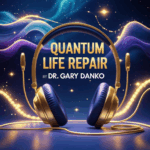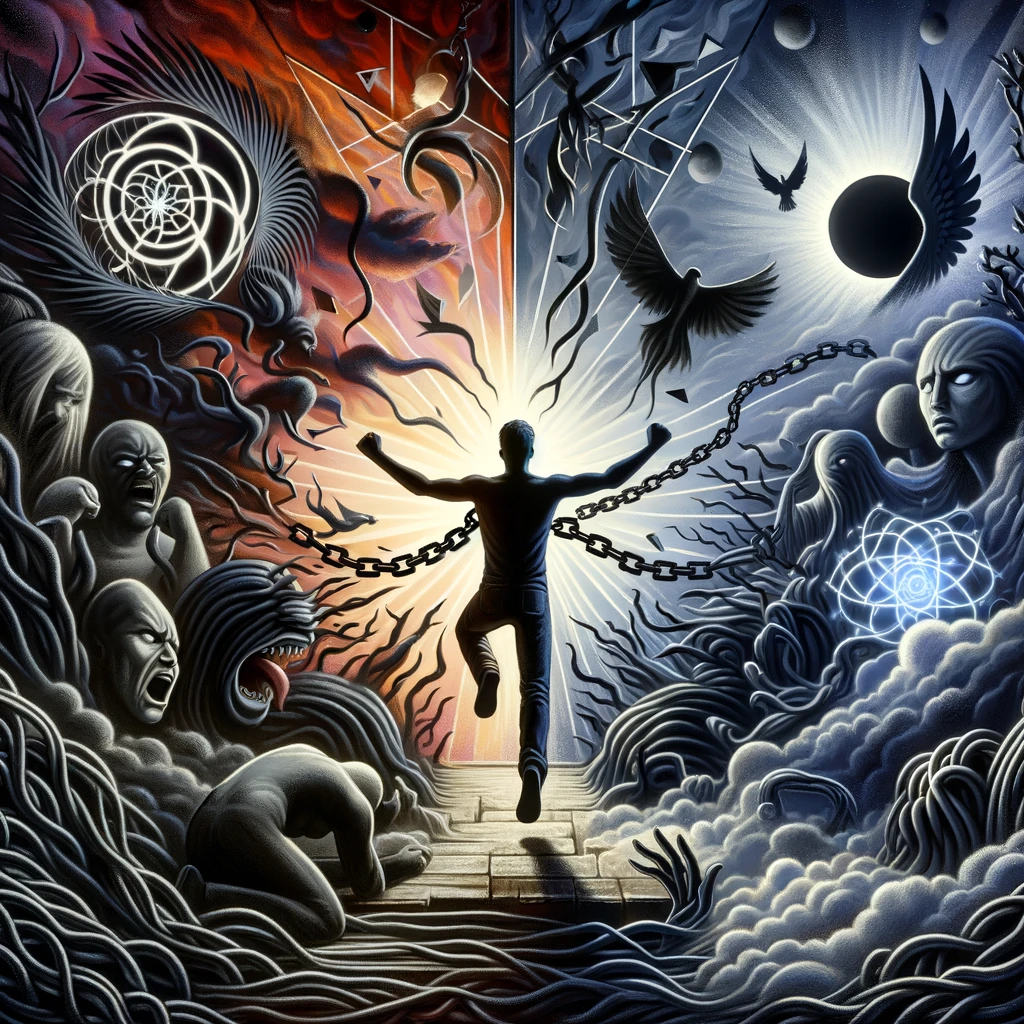He sat at the kitchen table long after everyone else had gone to bed, staring at the worksheet his therapist had given him — a neat CBT thought record with lines for “Trigger,” “Automatic Thought,” “Belief,” and “New Thought.” He had been diligently using CBT to quit smoking: writing out the reasons smoking was harmful, challenging the idea that “one more cigarette won’t hurt,” reframing “I need it” into “I choose health.” On paper, it all made sense. But out on the back porch, with his chest tight and nerves on fire after a brutal day, the old pull still felt stronger than every rational insight he’d carefully written down.
He’d repeat the replacement thought — “Cigarettes are not my friend; they are poison” — while his hand unconsciously reached for the same spot on the counter where the pack used to be. His mind said one thing. His body said another. The worksheet stayed on the table while the craving lived in his muscles, breath, and nervous system. And in that gap between what he knew and what he felt, he quietly wondered:
“If I understand everything logically… why do I still want to smoke?”
If you’ve ever felt this split — where your conscious mind wants to quit, your CBT tools are “correct,” and yet your body still craves the ritual — this article is for you. We’re going to explore why cognitive tools help some smokers, why they fall short for others, and what actually creates lasting freedom when thoughts alone aren’t enough.










